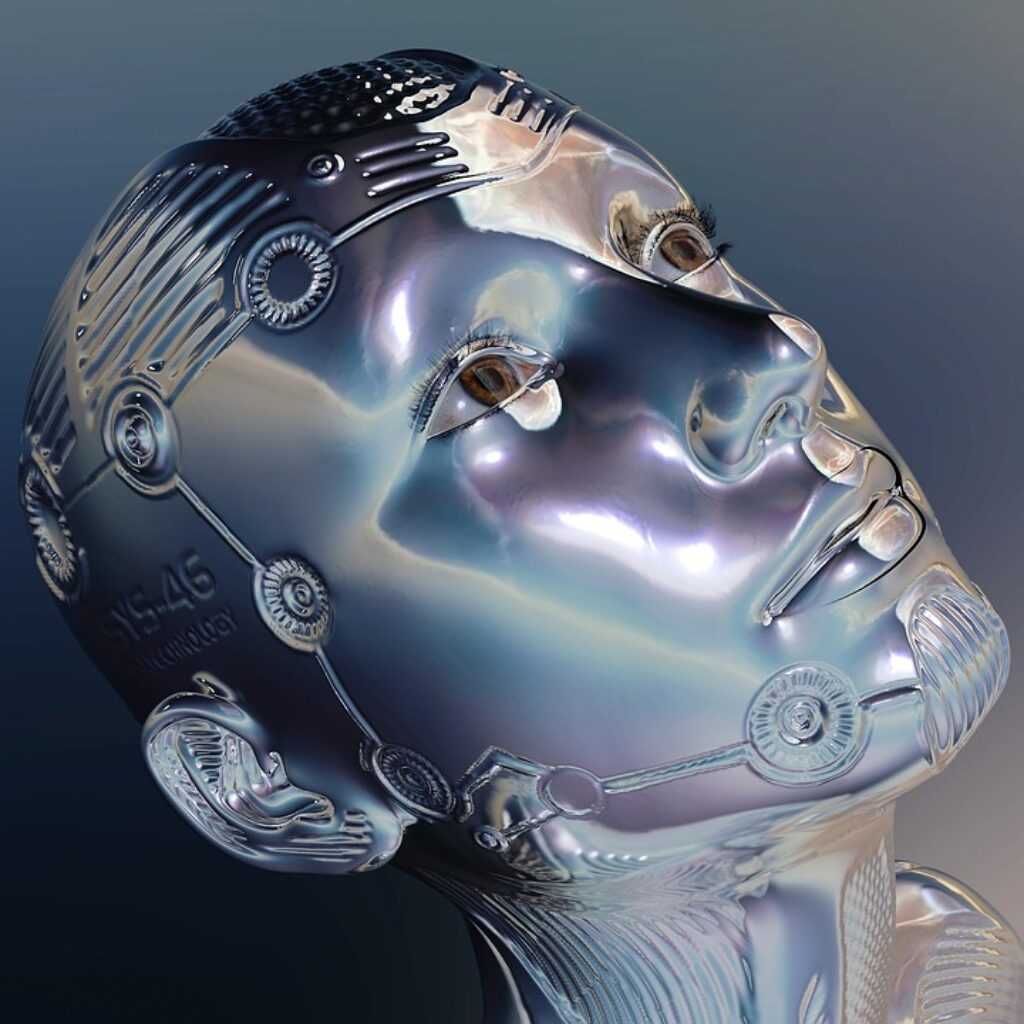The Future of Advertising: Leveraging AI for Smarter Targeting and Personalization
In the ever-evolving world of digital marketing, staying ahead of the curve is crucial for businesses looking to make an impact. One technology that is revolutionizing the advertising landscape is Artificial Intelligence (AI). With its ability to analyze vast amounts of data and make real-time decisions, AI is changing the way brands interact with consumers and enhancing the effectiveness of digital advertising. In this article, we will explore the role of AI in digital marketing, its impact on targeting and personalization, and the future implications it holds for advertisers.
AI in Digital Marketing
The integration of AI in digital marketing has transformed the way businesses approach advertising. AI algorithms can analyze large sets of data, such as consumer behavior patterns, demographics, and purchase history, to uncover valuable insights. These insights help marketers create more targeted and personalized campaigns that resonate with their target audience.
Machine learning, a subset of AI, plays a vital role by continuously analyzing and learning from data to make accurate predictions and recommendations. Through AI-powered tools, marketers can now automate various tasks such as content creation, ad placement, and even bid optimization. This not only saves time and resources but also improves the overall efficiency and effectiveness of digital advertising campaigns.
Smarter Targeting with AI
Traditionally, marketers used broad segmentation methods to target audiences. However, AI enables a far more granular and precise approach. By leveraging AI in digital marketing, businesses can harness the power of predictive analytics to identify and target specific individuals based on their unique preferences, interests, and behaviors.
AI algorithms can track and analyze vast amounts of data collected from various sources, including social media platforms, browsing history, and purchase data, to build accurate customer profiles. These profiles enable marketers to craft highly relevant and personalized messages tailored to individual consumers, significantly improving the chances of engagement and conversion.
Moreover, AI-powered tools can also help identify potential leads that exhibit similar behavior patterns to existing high-value customers. By leveraging AI’s ability to analyze and compare data, businesses can target new customers who are more likely to be interested in their products or services.
Personalization at Scale
Personalization has become a key driver of success in digital advertising. Customers expect brands to understand their needs and provide tailored experiences. AI enables businesses to deliver personalized content and recommendations at scale, across various touchpoints.
By analyzing user behavior in real-time, AI algorithms can deliver personalized product recommendations, customized messages, and dynamic ad experiences. Whether it is displaying personalized content on a website, sending relevant emails, or showing targeted ads on social media, AI ensures that every interaction with a customer feels relevant and tailored to their preferences and interests.
Furthermore, AI can optimize campaigns by automatically adjusting ad placements, creative elements, and bidding strategies to maximize performance. It can quickly analyze vast amounts of data, identify trends, and make real-time adjustments to ensure the best possible outcomes.
The Future Implications
As AI continues to evolve, its impact on digital advertising will only grow stronger. Here are a few future implications that businesses and advertisers should keep in mind:
1. Enhanced Customer Insights:
AI will continue to provide businesses with deeper insights into customer behavior, enabling even more precise targeting and personalization. By understanding consumers at a more granular level, businesses can anticipate needs, offer personalized recommendations, and foster long-term customer loyalty.
2. Voice and Visual Search Optimization:
With the proliferation of voice assistants and visual search, businesses need to adapt their advertising strategies accordingly. AI can help optimize content and ad formats to cater to voice and visual search queries, ensuring brands remain visible and accessible to users.
3. Hyper-Personalized Experiences:
AI will enable hyper-personalized experiences that go beyond content recommendations. Interactive chatbots and virtual assistants will utilize AI to engage customers in natural language conversations, providing seamless and personalized experiences throughout their buyer’s journey.
4. Ethical Considerations:
As AI becomes more prevalent, businesses must address ethical concerns surrounding data privacy, security, and transparency. Advertisers should ensure they follow best practices and comply with regulations to build trust and maintain positive customer relationships.
Frequently Asked Questions (FAQs)
Q: How does AI influence digital marketing?
A: AI enhances digital marketing by providing deeper customer insights, enabling smarter targeting, and delivering personalized experiences at scale. It automates various tasks, optimizes campaigns, and improves overall advertising effectiveness.
Q: How does AI improve targeting and personalization in digital advertising?
A: AI analyzes vast amounts of data to identify and target specific individuals based on their preferences, interests, and behaviors. It helps craft personalized messages, recommends products, and optimizes ad placements to maximize engagement and conversions.
Q: What are the future implications of AI in digital advertising?
A: The future implications include enhanced customer insights, voice and visual search optimization, hyper-personalized experiences, and the need for ethical considerations to address data privacy and security concerns.
Q: How can businesses leverage AI for advertising?
A: Businesses can leverage AI by using AI-powered tools and algorithms to analyze data, automate tasks, optimize campaigns, and deliver personalized experiences. By embracing AI, businesses can amplify their marketing efforts and stay ahead in the digital landscape.
As AI continues to shape the future of advertising, businesses that embrace this technology will gain a competitive edge by delivering relevant and personalized experiences to their target audience. By leveraging AI’s power to analyze data, automate tasks, and optimize campaigns, businesses can elevate their digital marketing efforts and achieve remarkable results in the ever-evolving digital landscape.
